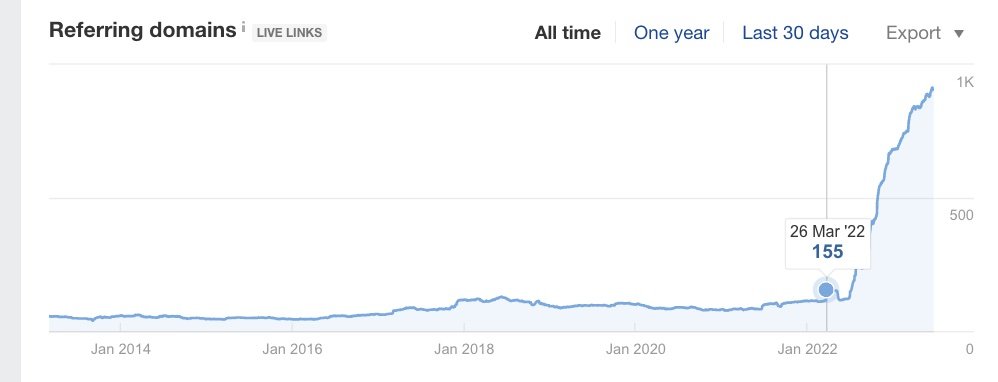AI-based paywall strategy increases conversions by 75%
Business Insider implemented an AI-driven paywall that increased conversions by 75%. Previously, they used a "freemium" model, paywalling only specific premium content. The AI-powered system now customizes paywall decisions based on individual reading habits, increasing revenue by identifying articles with higher conversion potential. During testing, 60% of conversions came from non-premium stories that wouldn’t have been paywalled before.
Additionally, adjusting the "friction rate" improved results, and AI now also controls the registration wall, boosting sign-ups by 300%.
Artificial intelligence is showing up in nearly all areas of the media business, from advertising sales to editorial. And now it’s being put to the test in publishers’ subscription strategies, with the hope that the technology is better at identifying the articles that are most likely to convert audiences into paid readers.
This is the thesis that Business Insider’s chief subscriptions officer Katie Friedman had when she joined the company last year: A smart paywall that uses machine learning can increase conversion rates and, ultimately, boost the total revenue yielded from online audiences. During her on-stage session at the Digiday Publishing Summit in Key Biscayne, Florida, this week, Friedman shared how her team worked with a vendor to build a smart paywall and talked about the tests they conducted that led them to the decision to roll it out to 100% of their audience in May.
Personalizing the paywall experience
Business Insider’s previous paywall strategy was an editorially-driven free/premium, or “freemium,” model in which only the articles written by a specific subset of journalists on the edit team (those tasked with writing solely subscriber content) were paywalled. This left a significant amount of other content on the publisher’s site that would never prompt readers to pay to access it.
The new smart paywall instead determines the content that individual users are most likely to pay to access based on their previous reading habits, which platform they come to the website from and the propensity that each genre of content has for converting readers. Using those insights and Google Analytics data, the AI’s algorithm decides whether users meet a paywall, registration wall or nothing upon entering the website.
By the end of the testing period, which spanned December to April, Friedman said that 60% of new conversions happened on “non-premium” stories, meaning stories that never would have been paywalled in the previous model.
“Essentially, those are the stories that we never asked anyone to pay for before, and now they’re driving more than half of our conversions,” said Friedman.
Full story at Digiday.





